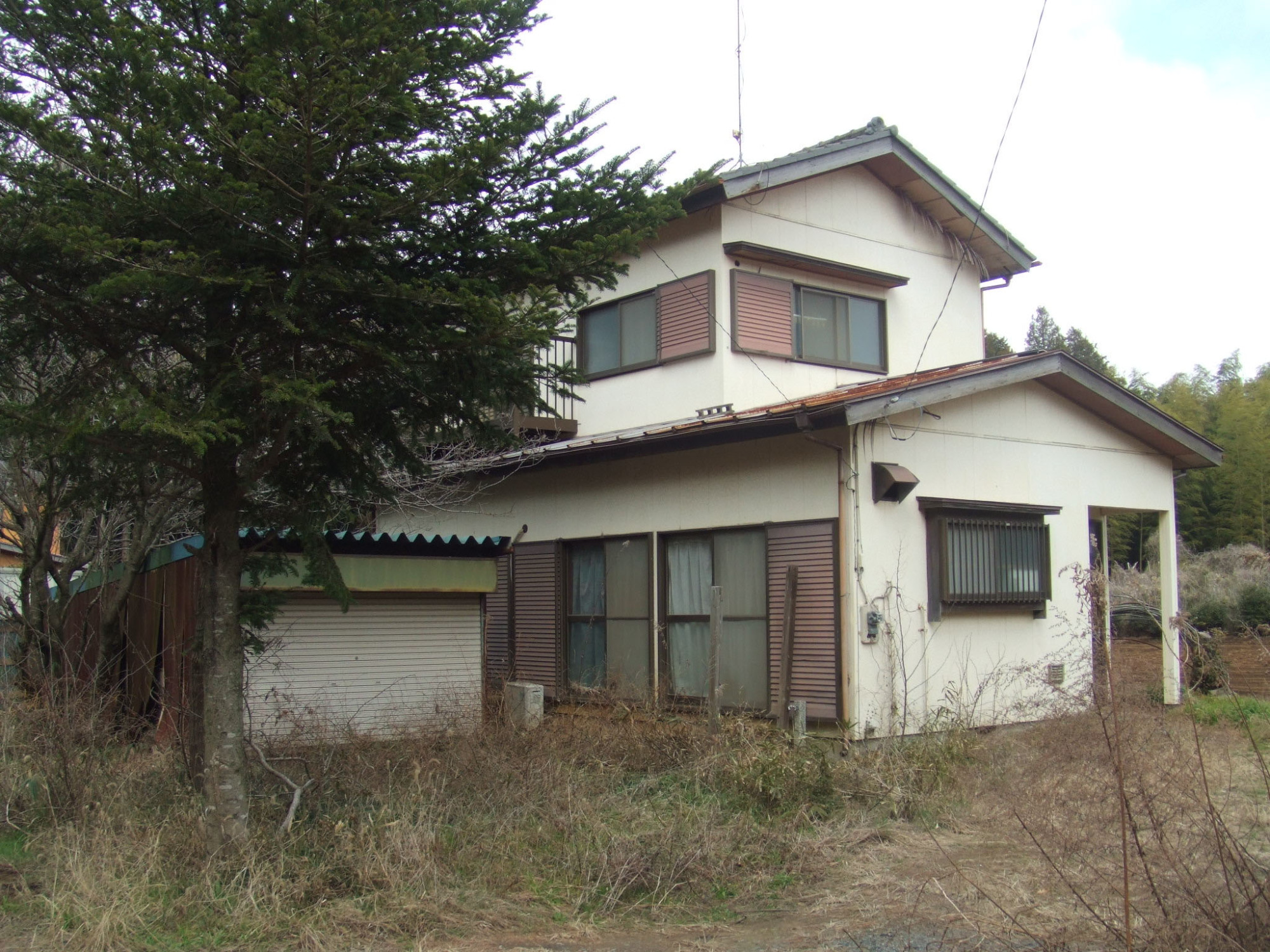Japan's vacant house problem will become worse before it becomes better. According to government estimates there are 8 million residences in Japan with no one living in them, a number that Bloomberg reports will increase to 20 million by 2033, representing a third of all the homes in Japan. A good portion of these residences are abandoned. There are no plans for anyone to live in them ever again, a prospect that alarms the central government, as it should. Abandoned homes are firetraps. Often they are filled with garbage that breeds vermin and surrounded by overgrown vegetation. Unmaintained sewage systems and septic tanks can spread disease. They are eyesores that diminish surrounding property values.
For that reason, the central government implemented a law last year that allows for the designation of certain properties as abandoned houses (akiya) and outlines steps for them to be destroyed. The law gives local governments the authority to make the designations, after which a notice is sent to the owner of the property demanding that he or she remedy the situation and stating that if nothing is done within a certain period of time, the special property tax cut for residences will be rescinded. Normally, land for residential use that contains a structure is taxed at only one-sixth the normal rate, and the structures themselves at one-third the normal rate. So if owners ignore the akiya notice, they will be charged the full 100 percent rate on all property taxes, national and local. Then, if the owner still does nothing, after a certain period of time the local government will have the authority to tear down the house and send the bill to the owner.
Though this sounds simple enough, it is difficult to carry out. In many cases it is almost impossible to determine title to some properties owing to the fact that the person whose name is on the deed has died. In such a situation, the heirs to the property will have to be tracked down and if there is more than one, each person must be contacted and notified of the akiya designation before any action can proceed. This, in itself, can be an expensive undertaking and many local governments don't want to do it.

















With your current subscription plan you can comment on stories. However, before writing your first comment, please create a display name in the Profile section of your subscriber account page.